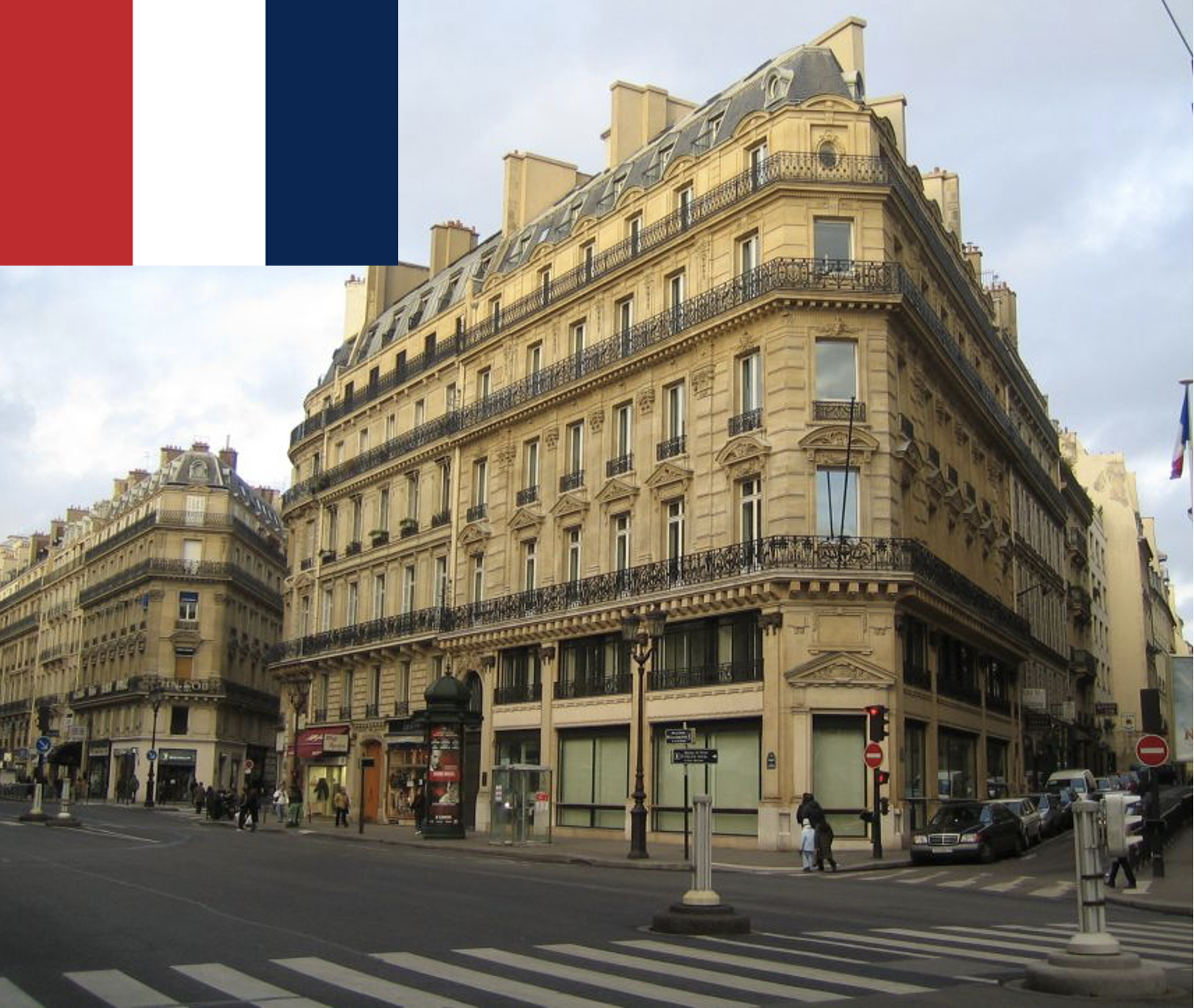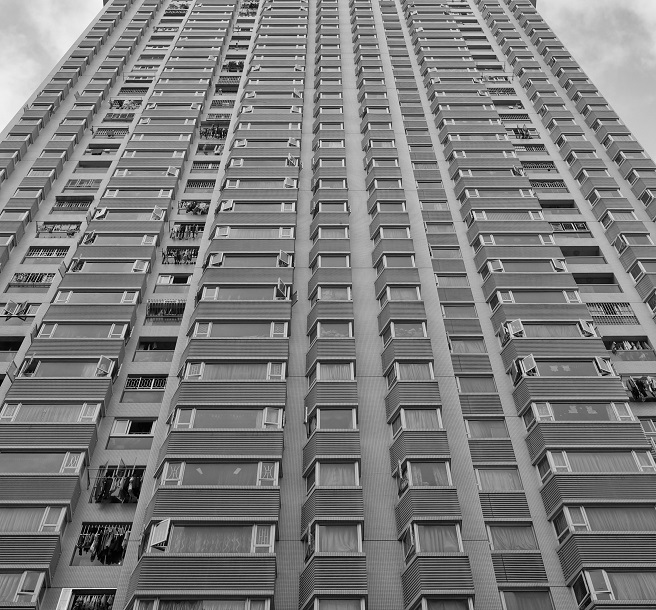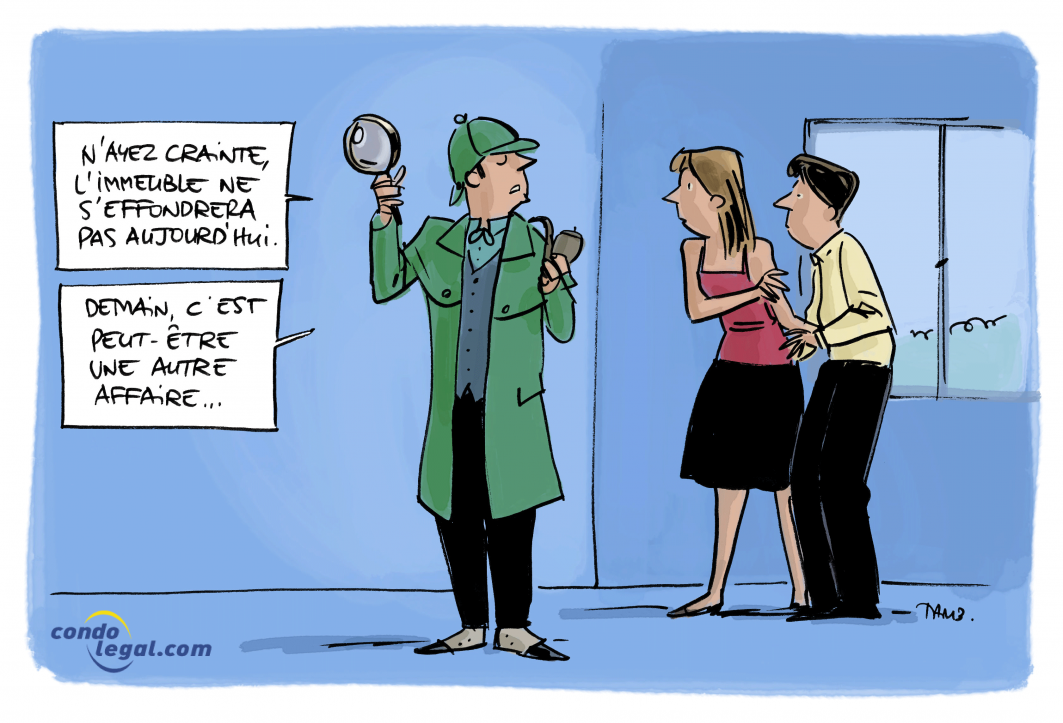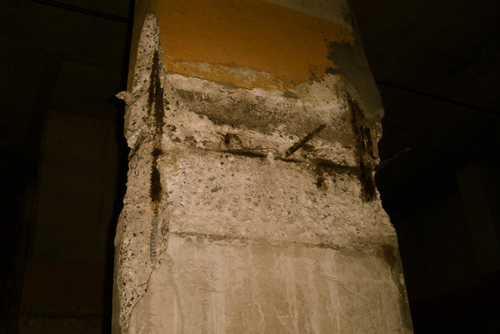Date published: 09/08/2022
The good condo manager

The search for a good condo manager is like the quest for a good wine! Should you try several before finding the right one?
At the risk of having stomach disorders.
Or rather, it is necessary to know before the search for the right nectar the quality criteria that are flexibility, intensity, clarity ...
Well, let's go! Let's do like the tasters and look for the best qualities in French co-ownership manager (syndic), Quebecois co-ownership manager and why not elsewhere? Even in China because there are also Chinese co-ownership facing the same problem of quality research of the manager!
Here are the quality criteria of the syndic of co-ownership as they are seen on the side of France:
1.A well-regulated profession:
After some real estate scandals in the 60s, embezzlement of funds by real estate professionals, the public authorities could not remain inactive!
Thus, was promulgated the Hoguet law of 2/1/1970 which cleaned up the profession by creating the compulsory professional card for syndic and their administrative and judicial control. This can only be issued by the French government under the condition of diploma or experience, compulsory continuing education, guarantee by a financial institution of the funds paid by the co-owners and professional liability insurance.
Enough to keep the fraudsters away!
The professionals themselves were calling for this solid penal regulation, which has proven its worth and is found in many European countries.
Enough to reassure the real estate consumer, the French syndics do not fail to remind him when they are in competition with the volunteer syndics who can manage the buildings in which they are co-owners ...
2. Impeccable ethics:
It is not the whole thing to promulgate a regulation of real estate professionals! To complete the system, it is also necessary to create a code of ethics that has been established in France by a special legislative device.
Clients can refer to it when they accuse a real estate professional of a breach of the code as well as professionals between them in their relationships not always imbued with courtesy. Confraternity requires vigilance and so "all will be well Madame la Marquise"!
Powerful professional organizations that are very much listened to by the Government (because they are necessarily consulted on real estate laws and decrees) also ensure possible abuses by the ethics commissions.
The "bad sheep" members will be excluded from the union in case of slippage and can also find themselves at the Prosecutor of the Republic and becoming the Correctional Tribunal in case of penal offense ...
The code of ethics is unanimously appreciated for regulating behavior...
3. Responsive professionals, listening to the co-owners:
Frequent surveys organized by the real estate press, condominium fairs or condominium defense associations make it possible to take the pulse of condominiums.
The co-owners seek above all the professionalism, the listening and especially the reactivity of the syndics.
As a result, the syndics try to reframe their daily management on the useful but the multiple time-consuming incidents in the building hardly allow a healthy management, with height of view ...
In France, discussions are tough on whether or not to maintain the system of decision-making by the meeting of co-owners and not by the "co-ownership council" which does not have the powers of a Quebec board of directors!
Too much democracy would kill democracy in the land of human rights.
Solutions are increasingly offered while waiting for artificial intelligence that will process the recurring requests of co-owners.
This is a challenge for years to come.
The "new syndic" must find the appropriate solutions and make it known to gain market share.
The other challenge is to keep or not independent syndics in neighborhood practices in the face of groups that offer "shared" solutions between buildings to reduce operating costs and purchases of equipment elements (100 windows cost less than one to buy...).
The truth is between the two: A group, a brand, decentralizing managers towards independence to be as close as possible to the buildings without doubt while maintaining the strength of the network...
And the maintenance of the neighborhood office often requested by the client ...
What do the co-owners also want in the surveys? A reduction in charges of course!
So, management audit offers are raining down on the syndic market, whether of an accounting or technical or legal nature as well as quality certifications by independent bodies.
Especially at a time of ambitious and complicated French energy renovations... Even in the land of Descartes (who must be turning in his grave to see legislative inflation!)
Syndics are up for the challenge.
In any case we must find those who want and can!
4. Powerful tools:
While waiting for artificial intelligence, specialized fairs in France offer new computer and electronic tools at the same time as the legislator requires new legal management tools.
It's the race!
Work funds (copied from Quebec's contingency funds!), multi-year work plans, global technical diagnostics, electronic maintenance books, video or audio conferences of meeting of co-owners, energy and environmental labels, introduction of renewable energies, elevation encouraged to finance the work, 3D viewable construction sites: The legislator has not been idle!
Neither do the "start-ups" offering these new services!
And the syndics must follow and explain everything to the co-owners, if not outside!
The good syndic must become a financial engineer, a specialist in the management of energy renovations and calculations of returns on investments, a good grant seeker: A turning point they must take, a new deal in the competition between them because the co-owners are informed what is new! The Internet has been there!
We will therefore take the best manager who knows how to handle these new tools.
5. Avoid co-ownerships in difficulty
The absolute drama that obsesses syndics and public authorities!
In France, 20% of co-ownerships are in difficulty or pre-difficulty according to very specific legal standards!
France has adopted an impressive legislative and regulatory arsenal to redress them.
Late.
Syndics specializing in the recovery of co-ownerships met in association.
Unfortunately, this did not prevent the tragedies of lack of maintenance such as the collapse of a dilapidated building in Marseille which traumatized the population and professionals. The unmaintained pipes let through the water that ravished the basement...
Some say that if we had not nevertheless all these warning devices of degradation, other tragedies could happen.
And what about the American condominium that collapsed in Florida.
It is the same fight everywhere to find wise managers who will be able to have the vision of the future of the building in addition to its current maintenance ...
Only the increased professionalization by the training will make it possible to manage these buildings and the others as the real estate management has become so complex.
In France (as often abroad) the syndic "à la Papa" is well over...
Everywhere in developed countries the syndic must become a service provider more than a legal representative of the co-owners by outsourcing his mission to the benefit of technical managers freed from minor problems that clutter the minds and are time-consuming.
North American solutions exist (USA-CANADA): strong board of directors and syndic-manager-expert when found but also in Europe as for example in Finland where the meeting of c0-owners has only a control role except for very important work.
The stronger the legal, technical and financial professionalization of the manager, the better the management will be. This is a current issue for the profession of syndic in France.
What about China? Why talk about China?
Since it has adopted a law on co-ownership and has acquired vertical buildings, it has been primarily concerned with the management of these.
Let's find the impressive efficiency of the "superintendents of buildings", professionals who best manage the building in a very efficient way (but it is still necessary to regulate in China the representativeness and therefore the information or even the control of the manager by the inhabitants: Nothing is obviously simple!)
Take international experiences to draw optimized management solutions as the schools of trustees are beginning to do in France, transmit them to managers in the form of guidance specifications.
That's the challenge!
Me Olivier Brane, avocat honoraire au Barreau de Paris
[email protected]





